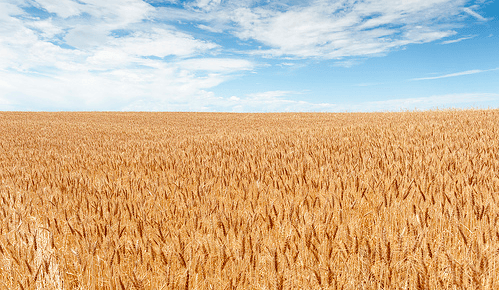Climate change is one the most challenging problems that humanity will have to cope with in the coming decades. The Intergovernmental Panel on Climate Change (IPCC) has concluded that the observed rise of global temperatures are extremely likely due to increasing greenhouse gases in the atmosphere. Profound understanding of the driving forces of climate change and evaluation of the mitigation activities requires long-term and high precision measurements of greenhouse gas emissions and sinks and their evolution. Yet there existed an ample amount of research and data on greenhouse gases, the scientists found that the data was often scattered, difficult to reach and to access.
Within this scenario, the Italian scientific community – the first and the only one in Europe – officially established a Joint Research Unit (JRU), a collaboration agreement signed by fifteen institutes, centers, and universities that have agreed to support and promote Italy’s participation in the ICOS -RI, a pan-european research infrastructure which provides harmonized and high precision scientific data on carbon cycle and greenhouse gas budget that serves both the scientists and the society.
Some of its leading actors, Dr. Giorgio Matteucci and Enzo Magliulo, Director and Principal Investigator, respectively, at ISAFOM – CNR (Istituto per i sistemi Agricoli e Forestali del Mediterraneo del Consiglio Nazionale delle Ricerche), presented ICOS-RI, its aims and mission, during an interview for the Radio24 programme “L’altro pianeta”.
“ICOS-RI offers a high precision, long-term network of stations, which measure greenhouse gas fluxes from ecosystems and oceans, and greenhouse gas concentrations in the atmosphere”, explains Dr. Matteucci. “Moreover, ICOS-RI ensures that the measurements are collected in a standardized way, so that different data and measures can’t be ascribed to the methodology used but only to different climate conditions or to different ecosystems. A first phase of sites’ labelling has just ended to guarantee that all the sites included in the ICOS-RI network comply with some standards established by the international scientific community.”
Italy has a leading role in this field of research and in the framework of ICOS-RI, not only because the Italian scientific community starts first to study greenhouse gases in Europe, its budgets and perturbations, carbon cycle and the role of ecosystems, but also because one of the ICOS Thematic Centre, that is the Ecosystem Thematic Centre (ETC), is coordinated by an Italian Center, the CMCC Foundation, in collaboration with the University of Tuscia.
ETC measures greenhouse gas fluxes over the continental ecosystems, as illustrates Dr. Enzo Magliulo describing one of the sites in the ICOS network, that is the farm in Borgo Cioffi in Campania. “In this site we measure historical series almost hourly of many physical parameters, such as solar radiation, intensity and wind direction, some parameters related to atmospheric turbulence and greenhouse gases concentrations. Other information about the site, e.g. vegetation and soil characteristics, disturbances and management, are also collected to have a more complete carbon budget and an accurate assessment of how much this agricultural ecosystem is affecting climate or its potential of mitigating climate change”.
For more information, see also:
- The podcast of the Radio24 programme “L’altro pianeta” dedicated to the ICOS-RI network.
- Visit the ICOS-RI website.
- The Ecosystem Thematic Centre coordinated by the CMCC Foundation (Director Dario Papale, CMCC researcher at IAFES Division)
- Read also the article on TEC, the CMCC’s blog, “CO2 emissions, cutting edge Italian research related to measuring greenhouse gases in the atmosphere“




